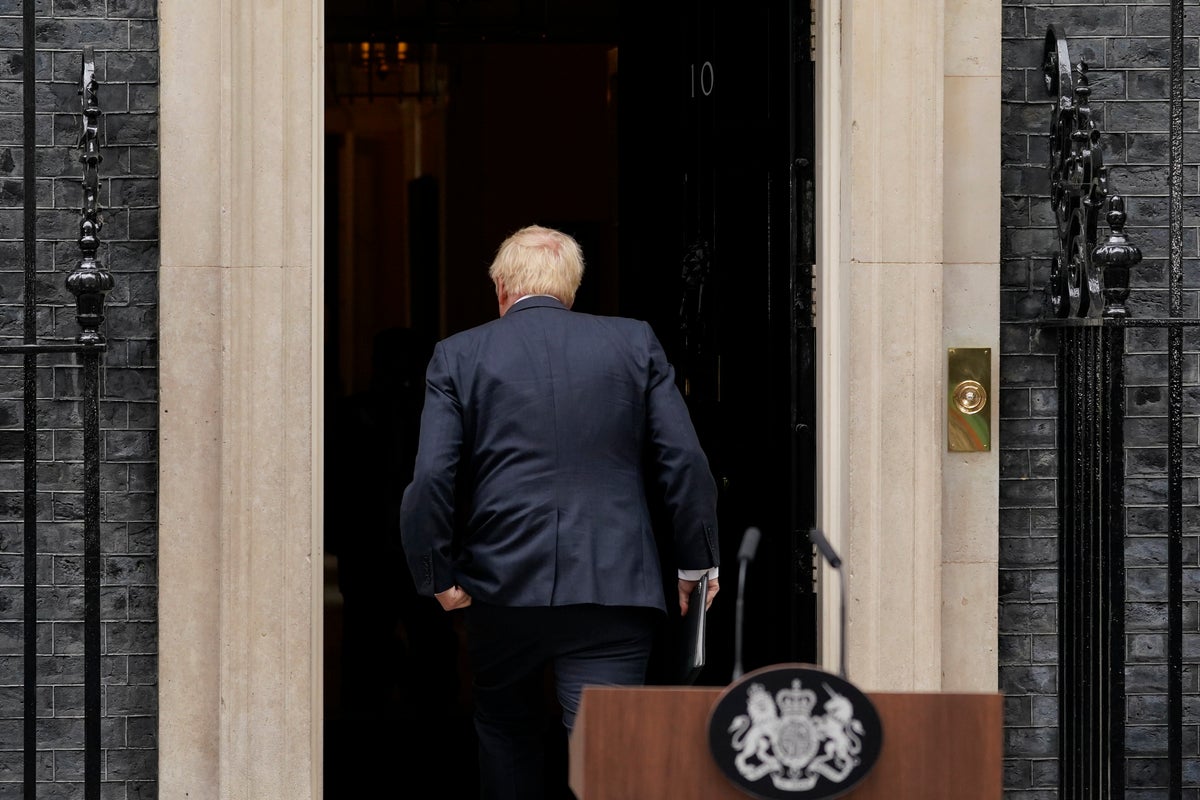
Potential successors have already begun throwing their hats into the ring to replace Boris Johnson as Tory leader after he announced his resignation.
The outgoing prime minister finally accepted his time had come to step down on Thursday after more than 50 MPs resigned from government and party roles over his conduct.
The MP for Uxbridge and South Ruislip has been dogged by a string of scandals throughout his leadership since 2019, but the final nail in the coffin came after it emerged he promoted Tory MP Chris Pincher despite knowledge of sexual misconduct claims against him.
Mr Johnson said he would be staying on as prime minister in a caretaker role until a new Conservative Party leader is announced by the autumn.
The contest to succeed Mr Johnson has been described by one Tory politician as the “wacky races” – with up to 15 MPs announcing their candidates or preparing to launch a campaign.
To take part, candidates need eight nominations. Candidates must then get 5 per cent of the votes to stay in the running - 18 votes - during the first round. They must get 10 per cent, 36 MPs, in the second round.
Senior Tory MP Sir Charles Walker, vice chair of the 1922 Committee of backbenchers during the 2019 contest, has suggested leadership hopefuls who have “no hope” of winning should drop out now and help “thin” down the crowded field.
Here are all the Tory MPs who have so far launched leadership campaigns:
Rishi Sunak
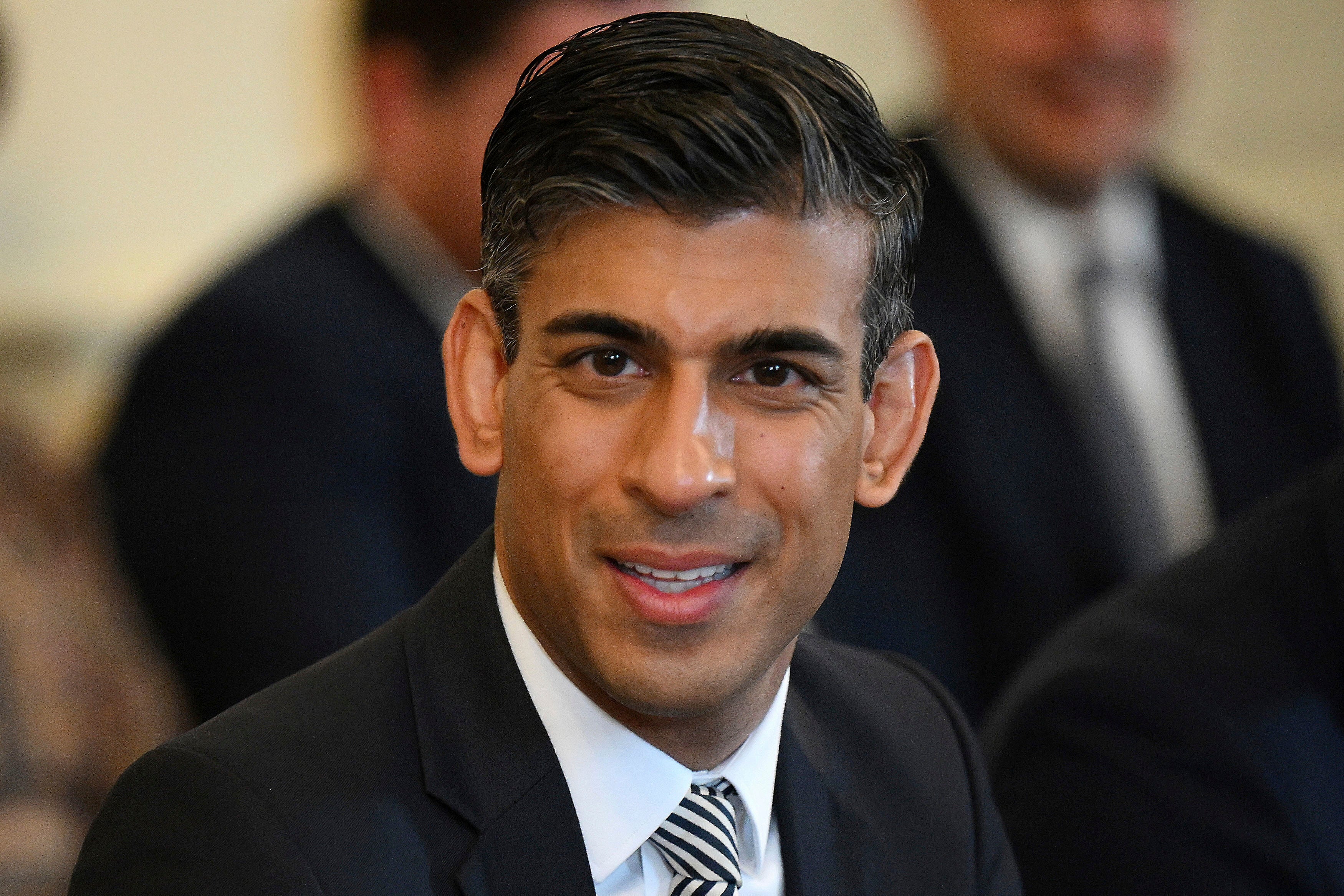
Mr Sunak has entered the Tory leadership race vowing to “restore trust” after Boris Johnson’s multiple scandals, but with a warning that the country cannot afford early tax cuts.
The former chancellor also hinted he would end the “culture wars” the current prime minister has relished fighting, promising: “We’ve had enough of division.”
Stealing a march on his rivals, Mr Sunak cast himself as the fiscally responsible candidate, resisting the clamour for tax cuts.
Mr Sunak also launched a website, ready4rishi.com, which – as The Independent exclusively revealed in January – first appeared in September 2020.
At the time sources close to Mr Sunak described the claims, along with those relating to the chancellor having prepared a leadership campaign, as “totally false”.
Suella Braverman
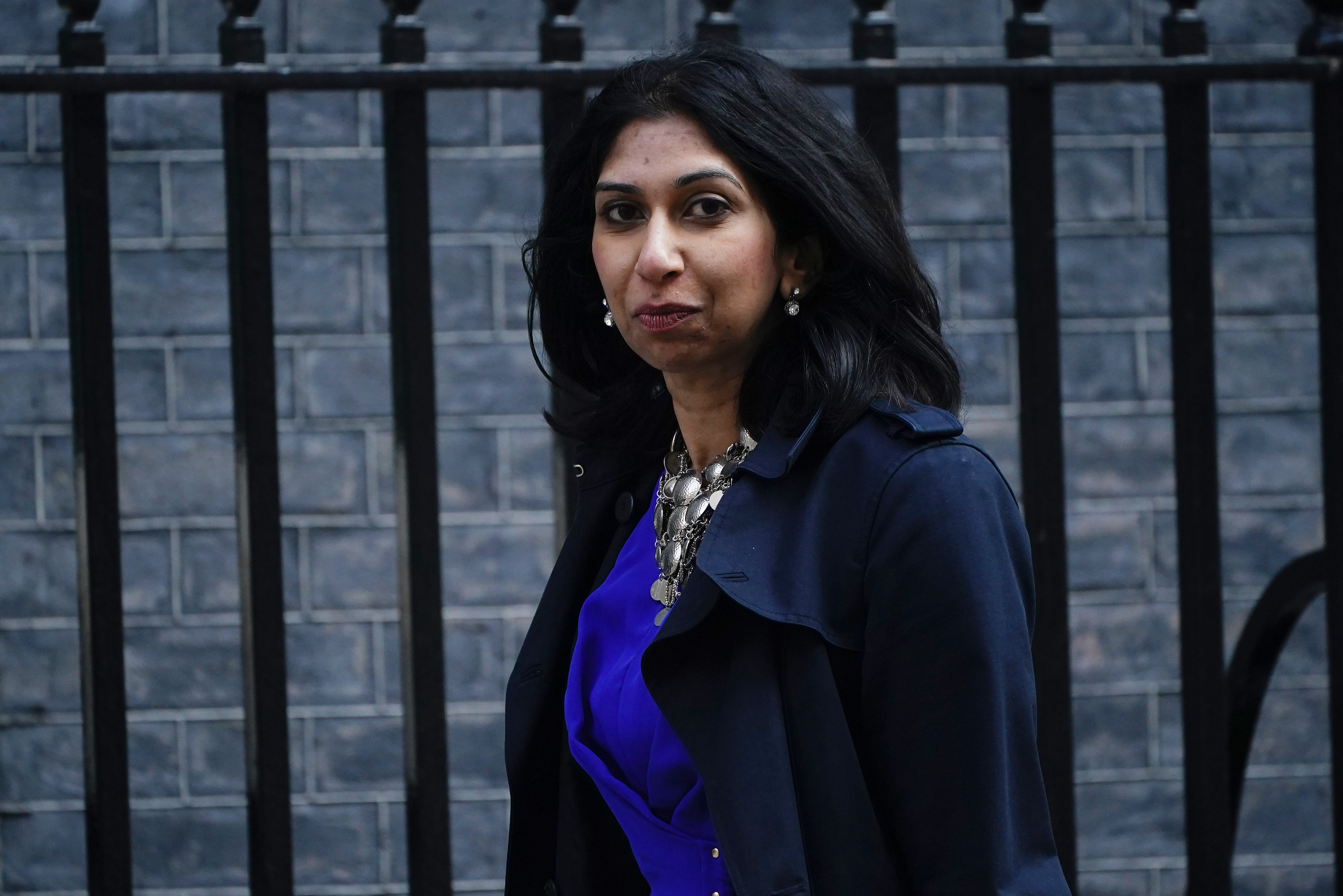
Some 12 hours before Mr Johnson finally accepted the inevitable and announced he was stepping down as prime minister, the first candidate to succeed him had already made herself known.
Speaking to ITV’s Robert Peston, attorney general Suella Braverman said she planned to stay in her post for the greater good of the country but denounced Mr Johnson for his mishandling of the Chris Pincher sexual harassment scandal that ultimately proved his undoing.
She then signalled her own intention to run for the leadership, saying: “I love this country, my parents came here with absolutely nothing and it was Britain that gave them hope, security and opportunity.
“This country has afforded me incredible opportunities in education and in my career. I owe a debt of gratitude to this country and to serve as PM would be the greatest honour, so yes, I will try.”
Within hours of Mr Johnson’s ungracious resignation speech the following afternoon, she already had a Twitter account promoting her campaign up and running.
Tom Tugendhat
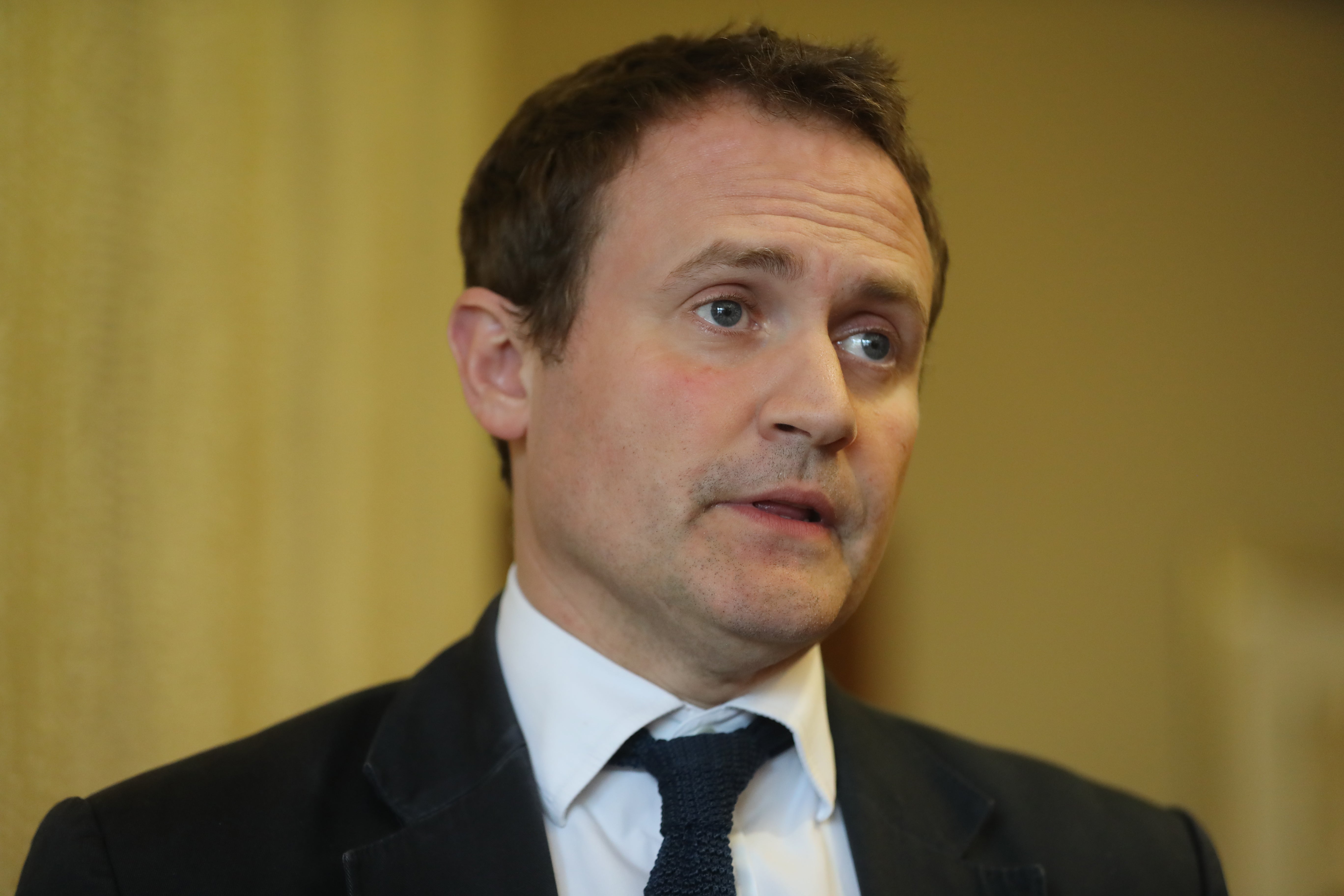
Tory MP Tom Tugendhat wasted little time in declaring his intention to enter the race, declaring his intentions the day after Mr Johnson quit.
Writing in TheDaily Telegraph, Mr Tugendhat, 49, said: “I am putting together a broad coalition of colleagues that will bring new energy and ideas to government and, finally, to bridge the Brexit divide that has dominated our recent history.
“I have served before – in the military, and now in parliament. Now I hope to answer the call once again as prime minister. It’s time for a clean start. It’s time for renewal.”
He made his first pitch to Scottish Tory members the following day, stressing the need for “serious and tested leadership” for the party to be successful in Scotland.
Kemi Badenoch

Former equalities minister Kemi Badenoch became the fourth candidate to throw her hat into the ring on Friday – promising tax cuts and declaring her opposition “identity politics”.
The MP for Saffron Walden said she supported lower taxes “to boost growth and productivity, and accompanied by tight spending discipline”.
Promising to be anti-woke candidate, she also hit out at “identity politics” and said Boris Johnson was “a symptom of the problems we face, not the cause of them”.
“People are exhausted by platitudes and empty rhetoric. Loving our country, our people or our party is not enough,” she wrote in The Times. “What’s missing is an intellectual grasp of what is required to run the country in an era of increased polarisation, protectionism and populism amplified by social media.”
Grant Shapps
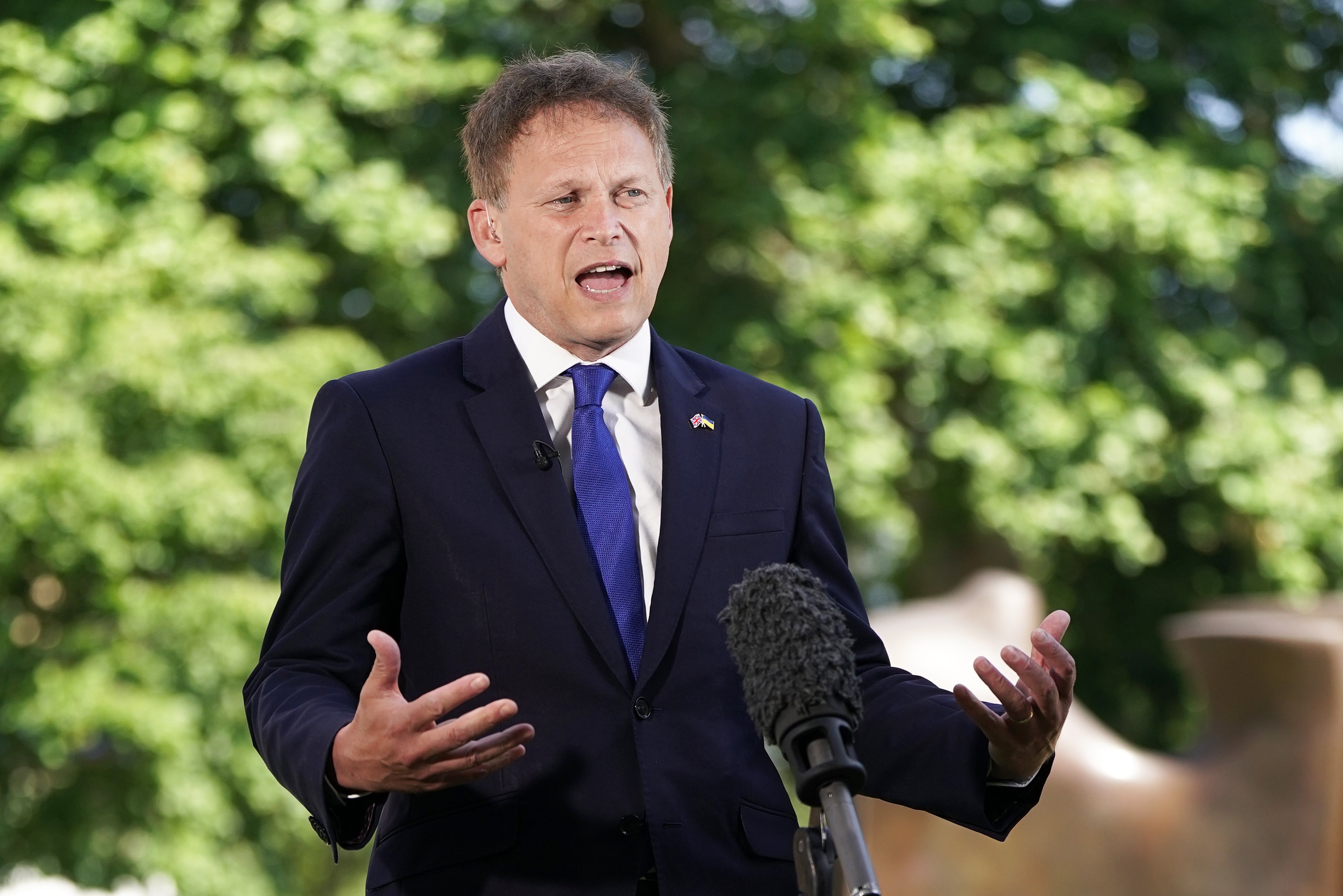
Transport secretary Grant Shapps – who was among a delegation of ministers reported to have told Mr Johnson to quit on Wednesday shortly after the PM’s harrowing liaison committee grilling – became the first Tory MP to announce his plans to run for the leadership over the weekend.
“We have had two-and-a-half years of tactical government by an often distracted centre. This must end. We must be a strategic government, sober in its analysis, and not chasing the next headline,” Mr Shapps told the Sunday Times.
Mr Shapps’s goal is reportedly to address the cost of living crisis and rebuild the British economy so it is the biggest in Europe by 2050.
He has ruled out holding a general election if successful, but would produce an emergency budget within his first 100 days to cut taxes for the most vulnerable and give state support to firms with high levels of energy consumption, the paper reported on Saturday.
Nadhim Zahawi
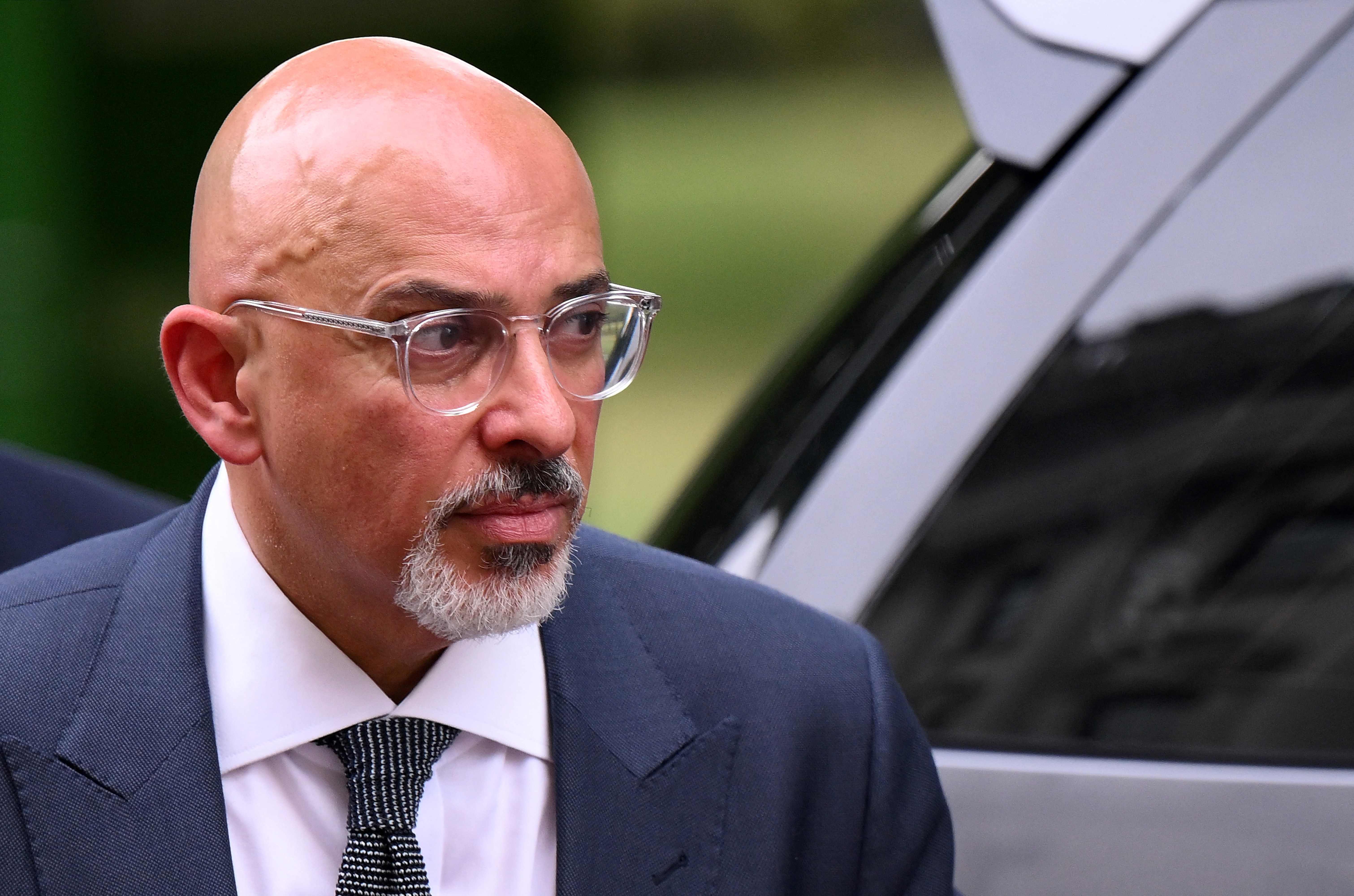
The newly-appointed chancellor Nadhim Zahawi also announced his intention to run for the leadership on Saturday, pledging “to steady the ship and to stabilise the economy”.
Fresh from delivering a possible coup de grace to Mr Johnson’s premiership in a damning letter on Thursday morning – less than 36 hours after accepting the role at No 11 – Mr Zahawi pledged to lower taxes for individuals, families and business, boost defence spending, and continue with education reforms.
In his bid for leader, Mr Zahawi said: “My aim is a simple one: to provide the opportunities that were afforded to my generation, to all Britons, whoever you are and wherever you come from. To steady the ship and to stabilise the economy.
“Thanks to Brexit, we are now a free nation. Let’s not just talk about the opportunities that follow, let’s take them.
“If a young boy, who came here aged 11 without a word of English, can serve at the highest levels of Her Majesty’s Government and run to be the next prime minister, anything is possible.”
Sajid Javid
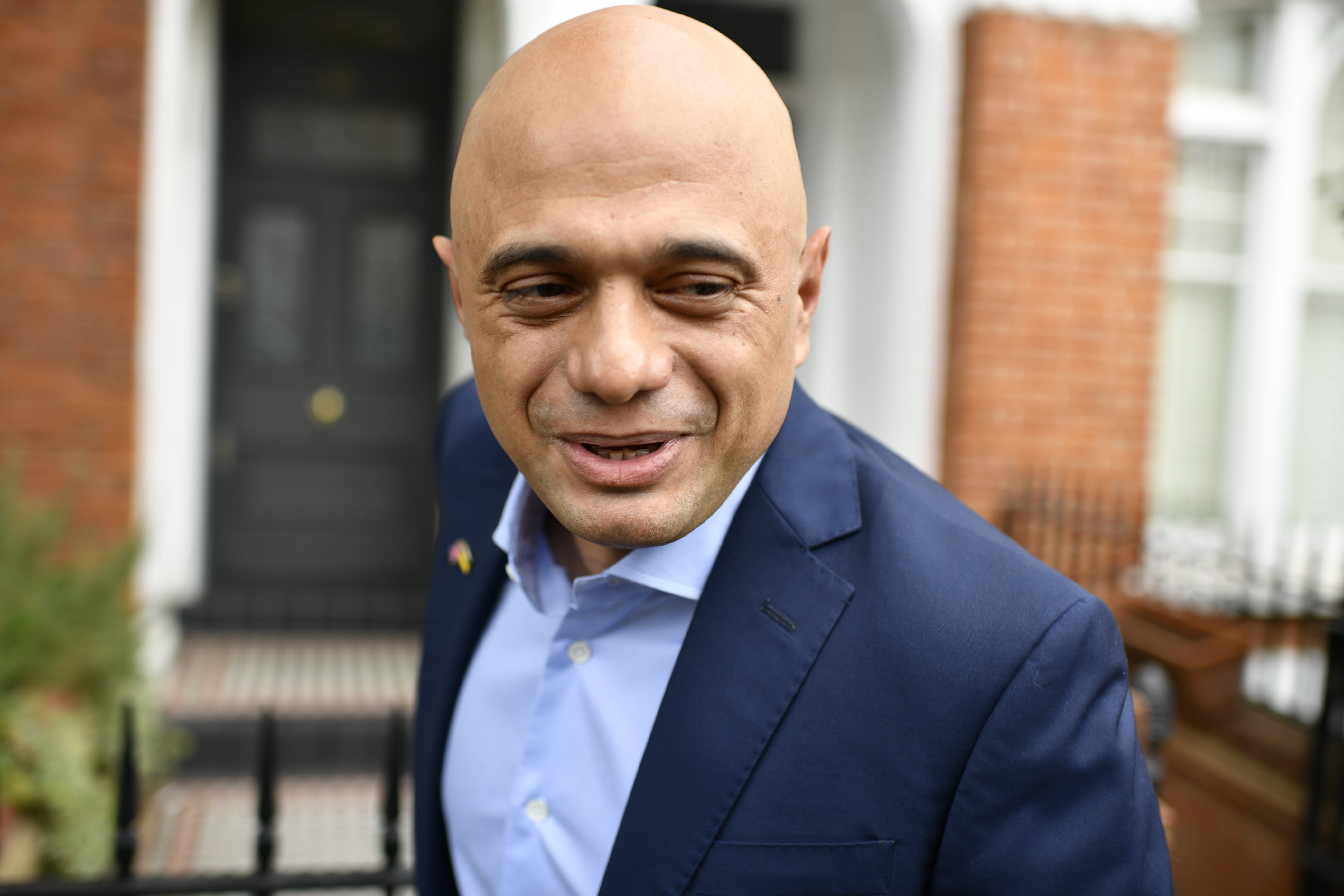
Sajid Javid – whose resignation alongside that of Mr Sunak’s sparked the implosion of Mr Johnson’s Cabinet this week – also chose to announce his bid in the Sunday newspapers.
He told the Sunday Telegraph that not only would he stop the planned rise in corporation tax to 25 per cent next April, he would cut it to 15 per cent.
Furthermore, the former health secretary vowed to abandon Mr Sunak’s proposed National Insurance hike, which was proposed with the purpose of funding the NHS and social care.
Mr Javid criticised Mr Johnson’s levelling up agenda as being “far too New Labour” in its focus on high-spend infrastructure projects rather than “wealth creation”, as he set out a plan for a five-year business rates holiday for the most deprived parts of the country, including many so-called “red wall” constituencies.
Jeremy Hunt

Jeremy Hunt also chose the Sunday Telegraph to launch his bid, separately echoing Mr Javid’s vow to cut corporation tax to 15 per cent.
But unlike his fellow former health secretary Mr Javid, he said he would keep the National Insurance increase in place, telling the paper: “The NHS needs the money.”
Mr Hunt, who lost out to Mr Johnson in the final round of 2019’s contest to replace Theresa May, warned that tax cuts “has to be done in a way that is sustainable”.
“It can't be an electoral bribe and it depends on growth,” he said. “What you’d need is an income tax cut that is for life, not for Christmas. That means starting by saying we're going to get the economy growing, then you get yourself in a position [to do so].”
Penny Mordaunt

On Sunday morning Penny Mordaunt announced she is standing to become the next party leader and prime minister.
The Portsmouth North MP and international trade minister announced her bid for the leadership in a video posted on Twitter.
In the clip promoting her candidacy, she said: “Our leadership has to change. It needs to become a little less about the leader and a lot more about the ship.”
Liz Truss
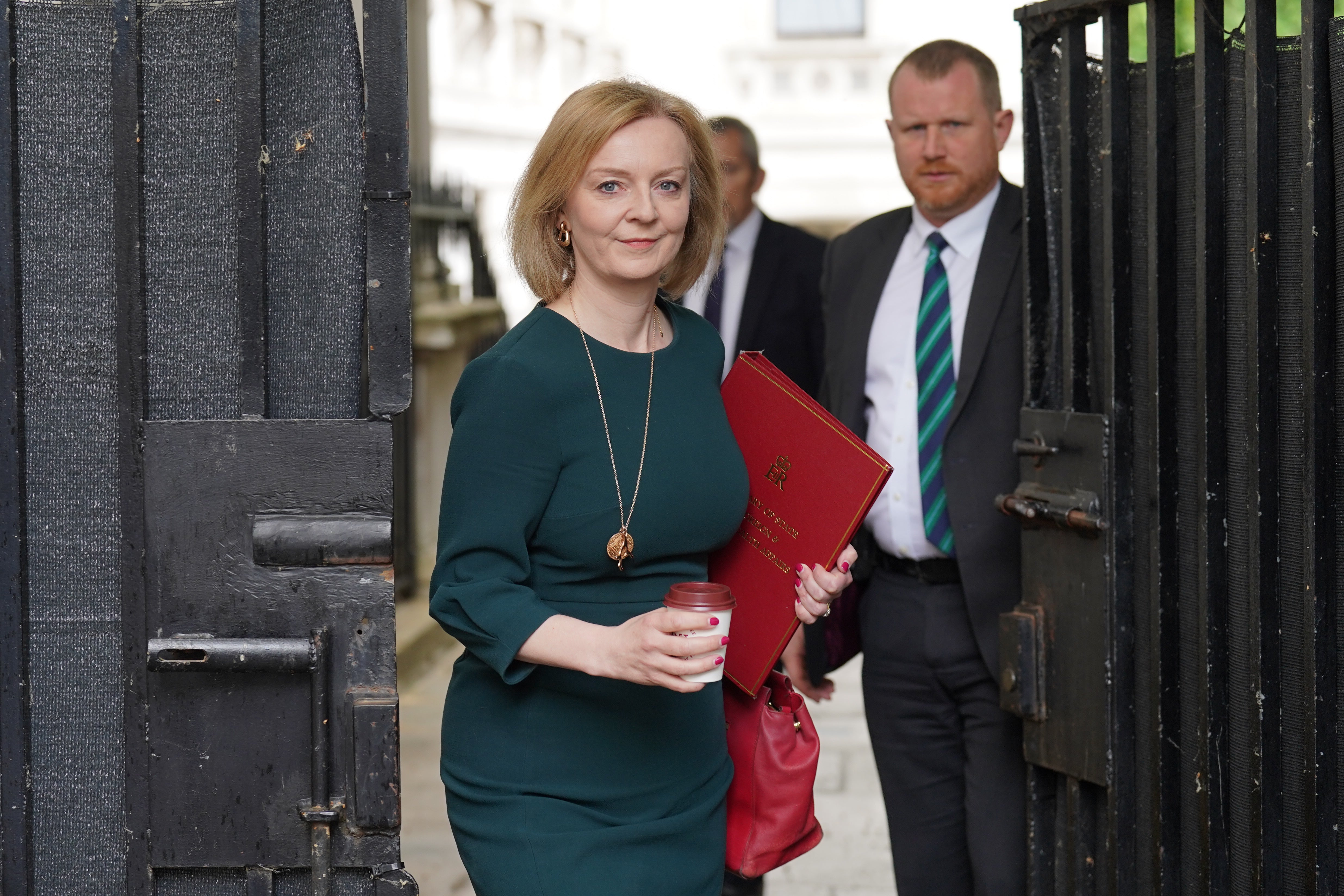
Foreign Secretary Liz Truss has pledged to reverse the controversial national insurance hike if made Tory leader, as she insisted she can be “trusted to deliver”.
The senior Cabinet minister, who is widely expected to be a front-runner in the already crowded race, promised to “start cutting taxes from day one” to help with the cost of living.
Ms Truss argued “it isn’t right to be putting up taxes now”, and as leader she would take “immediate action” to assist with living costs.
She said she would “keep corporation tax competitive” - hinting that she wants to look again at Mr Sunak’s plans to hike the rate in April 2023, but did not go so far as to match some of her fellow contenders’ pledges to scrap the rise entirely.
Rehman Chishti
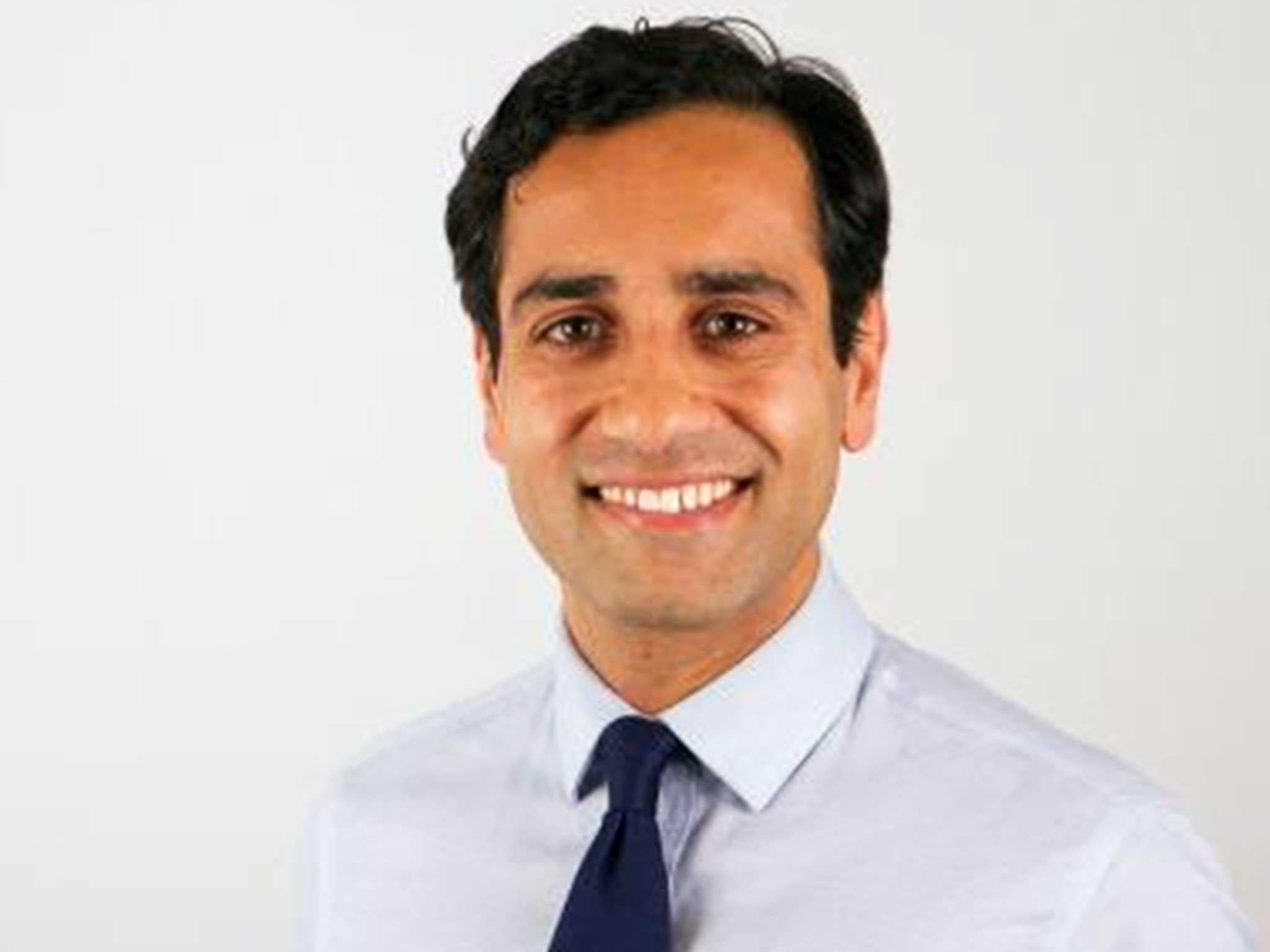
Newly appointed Foreign Office minister Rehman Chishti has announced he is running to be the next Tory leader.
Mr Chishti, the MP for Gillingham and Rainham, tweeted: “I’m standing to be the next leader of the Conservative Party and your prime minister.
“For me it’s about aspirational conservatism, fresh ideas, fresh team for a fresh start taking our great country forward.”







